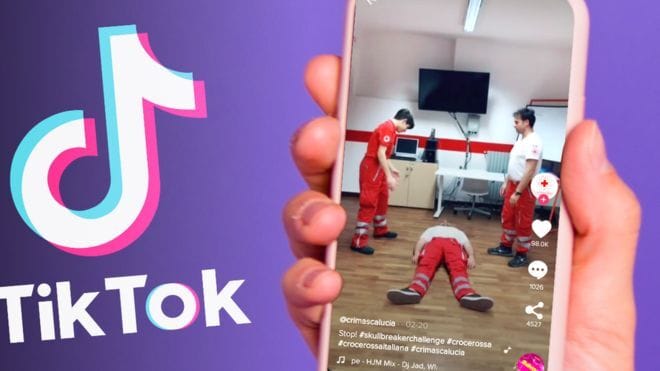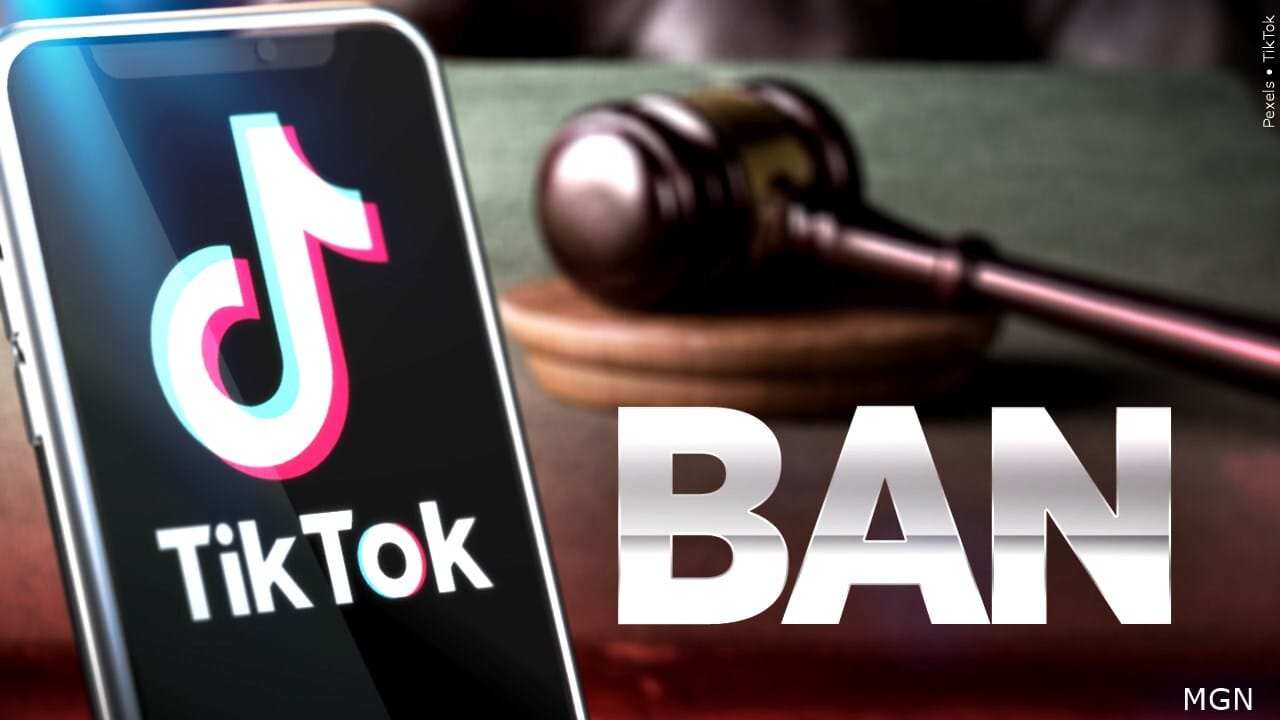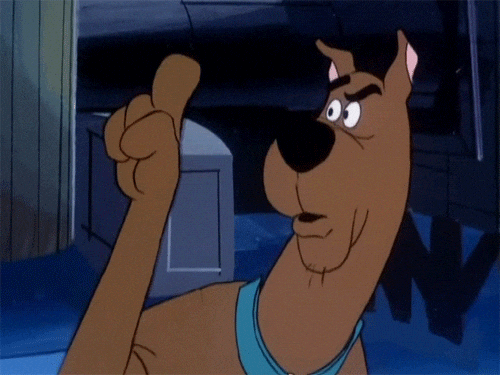TikTok is a goldmine for content creators. But for all its glory in turning everyday people into viral sensations, being a creator comes with great responsibility, especially when it comes to copyright laws. One wrong move – a catchy song used without permission, a funny movie clip you didn't create – and your account could be gone forever. This guide dives into the most common copyright pitfalls on TikTok and how you can navigate them without losing your content or worse, your entire account.
Understanding Tiktok’s Copyright Policy

Music is the backbone of many TikTok videos, but using popular songs without permission is a recipe for disaster. Uploading a video with a hit song in the background without permission violates TikTok's strict music licensing agreements. Rather, explore TikTok's vast library of royalty-free music or seek permission from creators directly. Remember, even sound effects, movie clips, and remixes can be copyrighted – always check before using them.
Posting Harmful Content

TikTok prioritizes safety and a positive online environment. So that means, no bullying, no violence, no hate speech, and certainly no illegal activity will be tolerated on the platform. So be mindful of the message the content you share online conveys. Even seemingly harmless pranks or jokes can have negative consequences. When in doubt, just ask someone for a second opinion or don’t post at all— you don’t want to lose your account.
Dangerous Challenges

Challenges are a core part of the TikTok experience. And if you want to be an overnight viral sensation, that route is one sure way to success. However, if the challenge is dangerous and poses a serious health risk, you will definitely will be banned. TikTok bans these challenges because they can encourage other users to engage in these risky activities. For example, consuming harmful substances, performing stunts with the potential for injury, or participating in dares that could lead to property damage.
Spam & Misinformation

There's a fine line between creative content and repetitive spam or spreading misinformation. TikTok discourages repetitive content, misleading information presented as fact, and the deliberate spreading of false narratives. During the pandemic, there were videos with false information circulating online. TikTok actively removed such videos and partnered with health organizations to provide accurate information.
Protecting Minors

TikTok has a zero-tolerance policy for content that exploits, abuses, or endangers minors. Sharing content that depicts child sexual abuse or exploitation, promotes underage drinking or drug use,or puts minors at risk in any way is strictly forbidden. If your content involves minors, prioritize their safety and well-being. Avoid creating content that could be misconstrued as exploitative or harmful.
Remember, these are just the top five ways creators can get into trouble on TikTok. Always Navigating copyright laws on TikTok requires diligence and a good understanding of the platform’s rules. By using TikTok’s licensed music library, creating original content, understanding fair use, and seeking proper permissions, you can avoid the pitfalls.
Remember, your page is your currency, and you cannot certainly lose it.

